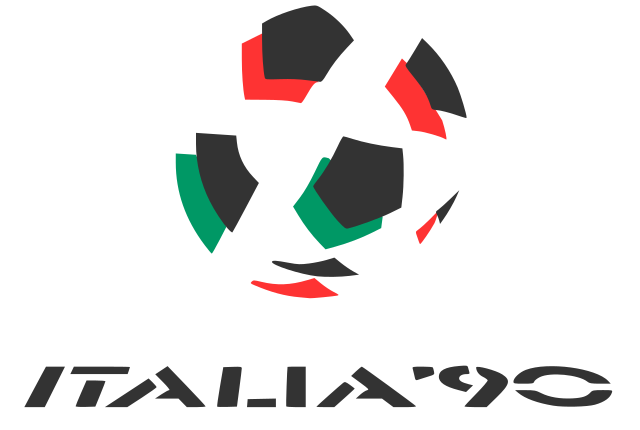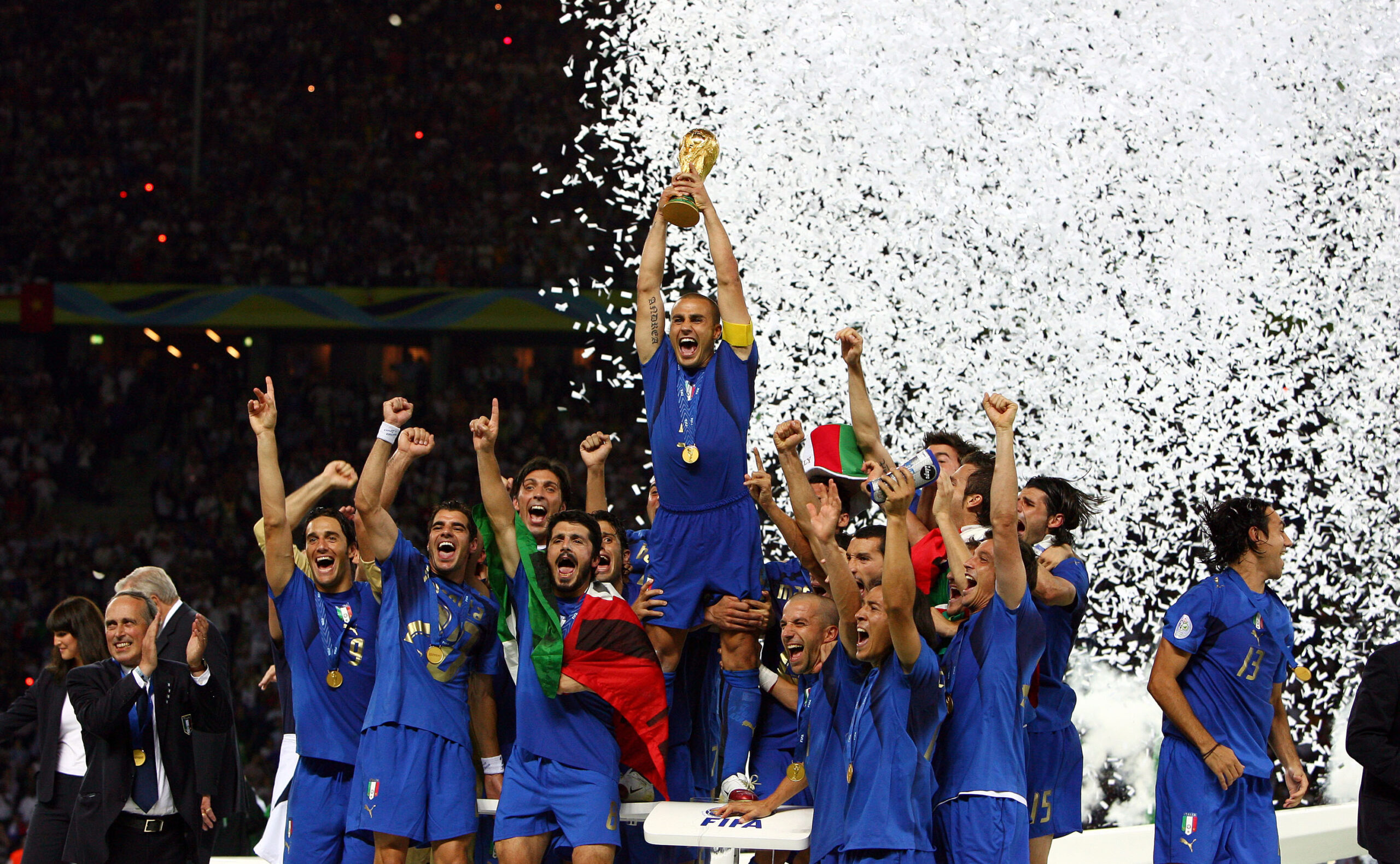Background
The 1990 FIFA World Cup was the 14th edition of the quadrennial international football tournament. It was held in Italy from 8 June to 8 July 1990, and featured 24 teams from around the world.
Participants
The 24 teams were divided into six groups of four, with the top two teams from each group qualifying for the knockout stage. The participating teams were:
Group A: Italy, Austria, USA, Czechoslovakia
Group B: Argentina, Cameroon, Romania, USSR
Group C: Brazil, Costa Rica, Scotland, Sweden
Group D: Colombia, United Arab Emirates, West Germany, Yugoslavia
Group E: Belgium, South Korea, Spain, Uruguay
Group F: England, Republic of Ireland, Netherlands, Egypt
Format
The format of the tournament involved six groups of four teams each. The top two teams from each group advanced to the knockout stage, which featured a single-elimination format.
Matches
The tournament featured a total of 52 matches, with Italy hosting the opening match and the final in Rome. The tournament was played in 12 different stadiums across Italy.
Goalscorer
Salvatore Schillaci of Italy won the Golden Boot as the top goalscorer of the tournament with six goals. Other notable goalscorers included Roger Milla of Cameroon, who scored four goals and became the oldest player to score in a World Cup at the age of 38.
Winner
West Germany won their third World Cup title, defeating Argentina 1-0 in the final. The only goal of the match was scored by Andreas Brehme from a penalty kick in the 85th minute.
Legacy
The 1990 World Cup is remembered for its low-scoring matches and tight defenses, with the average number of goals per game being only 2.21. It is also remembered for the emergence of Roger Milla, who became a fan favorite for his energetic celebrations and excellent performances for Cameroon. The tournament is also notable for being the last World Cup to feature the Soviet Union, Czechoslovakia, and Yugoslavia before their political upheavals in the early 1990s.
Controversy
There were several controversies during the tournament, including accusations of racism towards black players and poor refereeing decisions. The most notable controversy, however, was the sending-off of Argentine legend Diego Maradona in the quarterfinals against Yugoslavia, which was widely seen as unjust and sparked outrage among fans and pundits alike.





